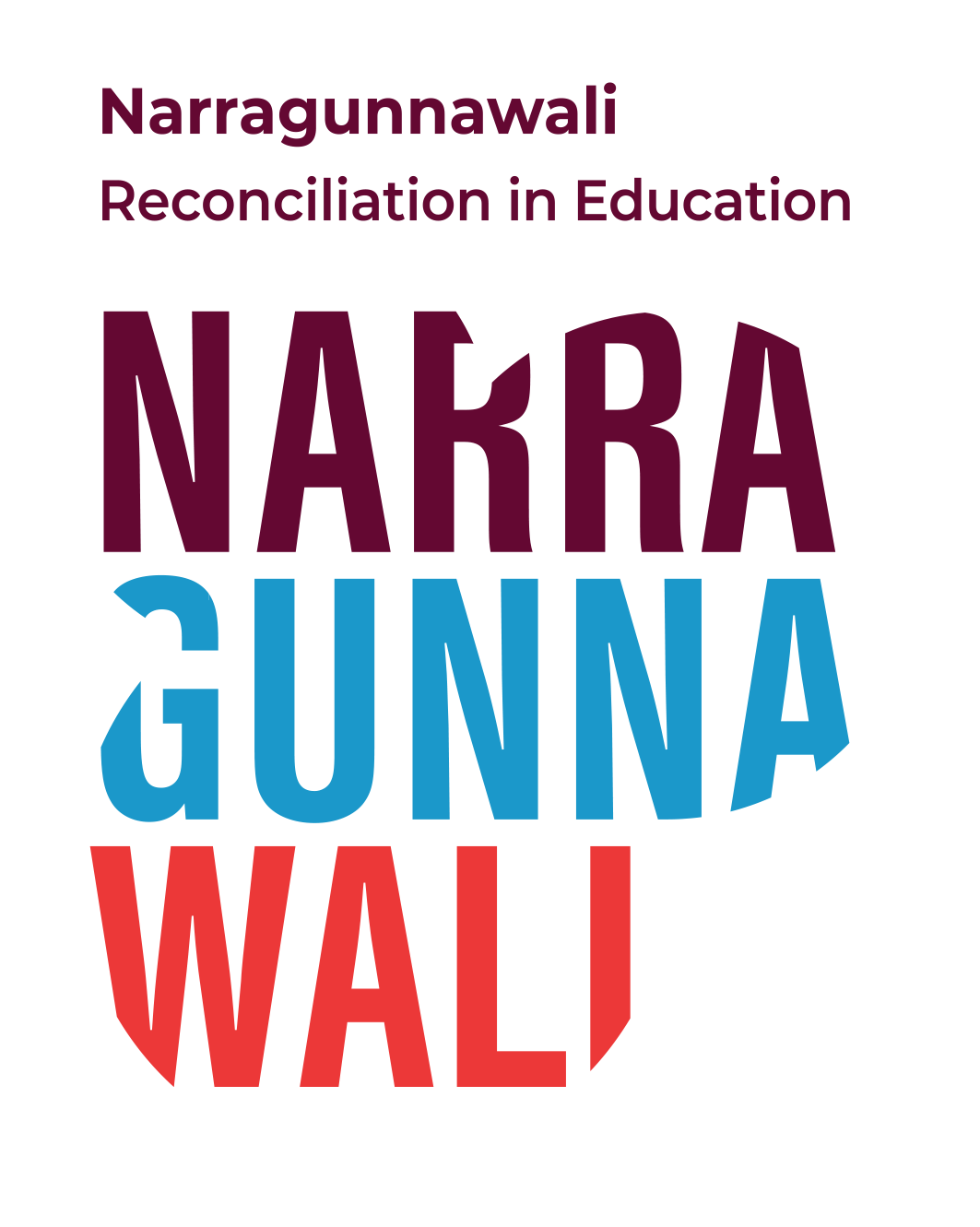Teacher Feature – Sharon Davis, Catholic Education Western Australia
Sharon Davis is a Bardi Gija woman from Western Australia. Sharon brings a wealth of knowledge and experience to her role as Team Leader of the Aboriginal Education Team at Catholic Education Western Australia. In this Teacher Feature, Narragunnawali team member Hannah Bryant chats to Sharon about her work in Western Australia and what needs to happen in schools to progress reconciliation.
Hannah: How has your teaching and learning journey played out and what do you do in your current role?
Sharon: It’s a long story! I always wanted to be a teacher, I’m sure everyone says that but it took me until I was married with two kids to find my teaching pathway. I enrolled at the University of Notre Dame in Broome and graduated with a Bachelor of Education for Primary School K-7, specialising in Aboriginal Education. I then took up a position at the University of Oxford to complete a Master of Science in Applied Linguistics and Second Language Acquisition, focusing on student-teacher understandings and attitudes towards Aboriginal English. I currently lead a team of education experts that work with our Catholic schools across the state, assisting in all aspects related to Aboriginal Education. The Aboriginal Education Team provide professional learning for Catholic schools and staff to develop cultural competencies, assist in embedding Aboriginal and Torres Strait Islander histories and cultures into the school curriculum, and to support Aboriginal Catholic education staff to strengthen their skills and knowledge.
Hannah: What do you think a school that is meaningfully engaged in reconciliation looks like?
Sharon: I see reconciliation as a three-part process. When I was at university, I had Pat Dodson, the father of reconciliation, as my lecturer, which was obviously fantastic. He taught me that the reconciliation process needs to involve truth, justice and reconciliation. You can’t jump straight to the reconciliation part; you have to have truth and justice first. We can’t achieve reconciliation until we are on the same page in terms of the truth of our history. Justice means providing opportunities to foster equity. After you have both of those things, then you can celebrate the wonderful things that make our culture different. This process produces an end result that is meaningful and comes from a place of integrity.
Hannah: It’s vital that Aboriginal and Torres Strait Islander people are involved in progressing reconciliation in schools and early learning services. But how do we help non-Indigenous people realise it shouldn’t be left to, or assumed that, Aboriginal and Torres Strait Islander people will lead reconciliation?
Sharon: Yeah, that’s a great point. Within the truth and justice parts of the equation above, there is a lot of work that non-Indigenous people have to do independently of Aboriginal and Torres Strait Islander people. Truth means being ready to examine yourself—as a system, or a school, or a teacher— to see where your biases and privileges are. You need to be able to have a good understanding of Aboriginal and Torres Strait Islander histories, languages, spirituality and cultures. You need to connect with the Indigenous education team in your system, or connect with Aboriginal people in your community.
Hannah: Where would you like to see schools and the education system be in the next 50 years? What will the next generation of kids have that is different to now?
Sharon: I would really like to see the proportion of our Aboriginal and Torres Strait Islander population reflected in teaching and school leadership positions within the education system. I would also really like there to be a focus on anti-racism in schools and the wider society. We have to be active in fighting racism and we can do that together— it’s not just an Aboriginal thing. It’s hard because people are worried about being labelled as racist or things being labelled as racism, and while we spend time worrying, our children are suffering.
Read more about Sharon here.


